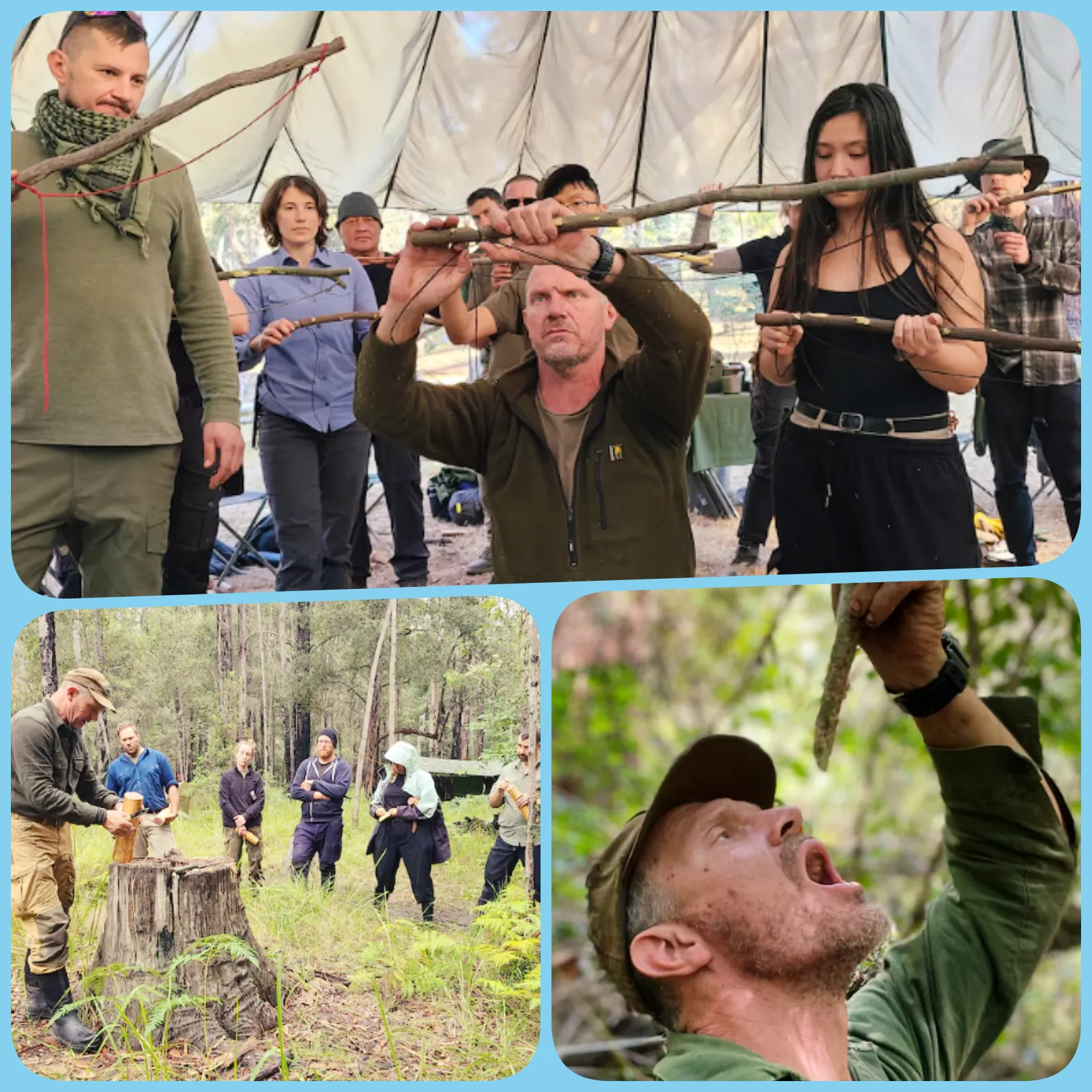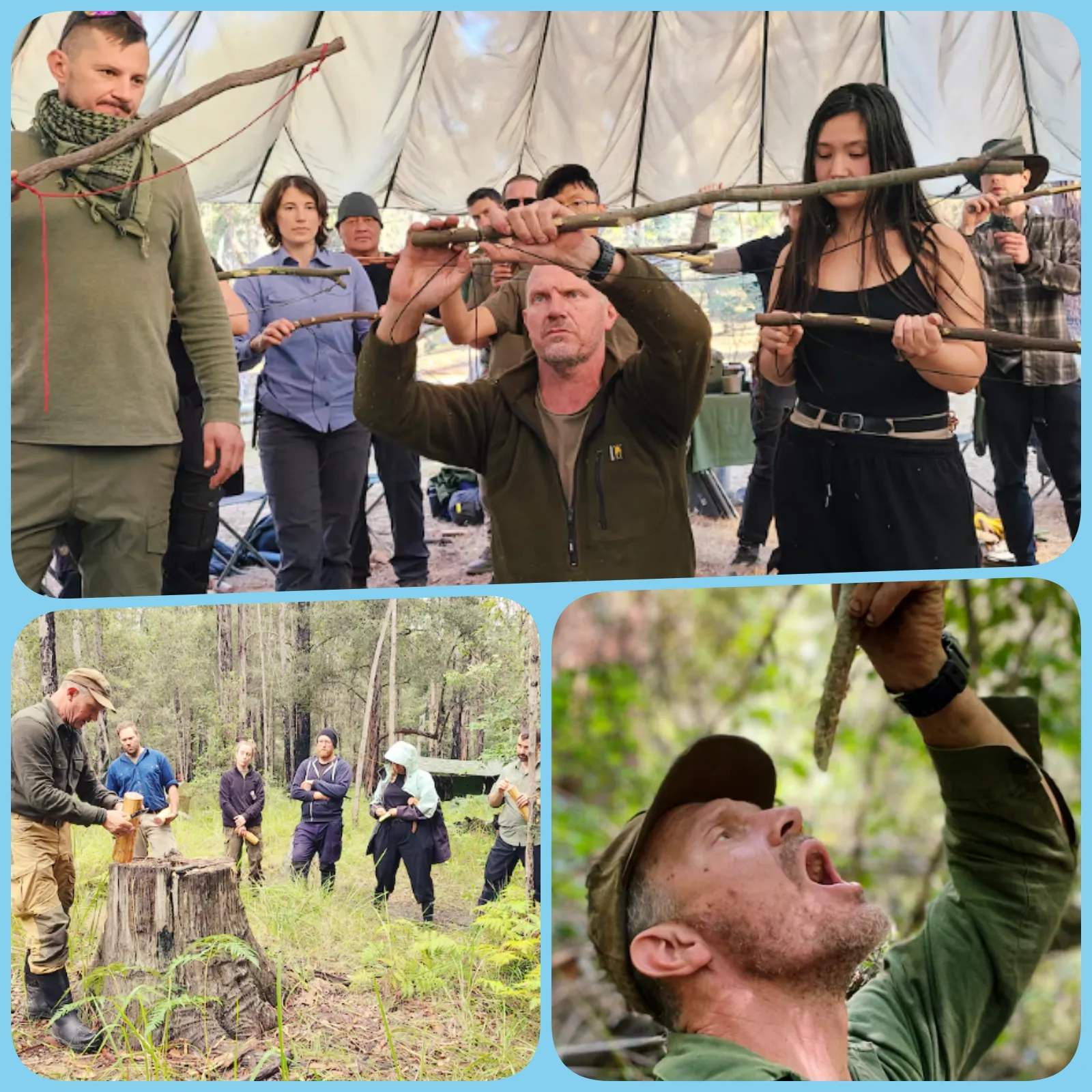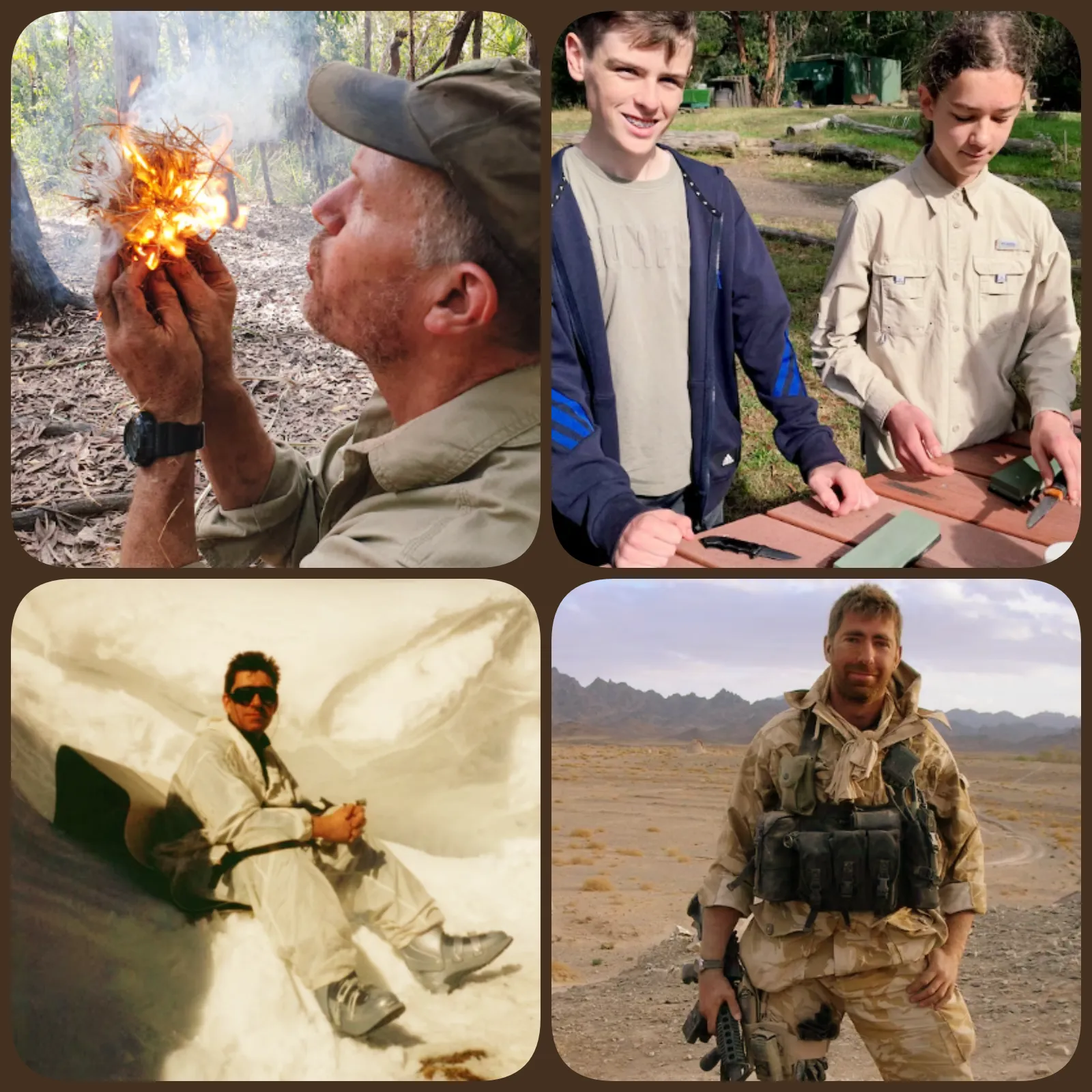
As the demand for survival skills training skyrockets, industry veterans are sounding the alarm over unqualified instructors who jeopardize safety in the booming market.
Gordon Dedman’s profession might sound like a scene from an apocalyptic movie, but for him, it’s reality. As a bush survival school instructor, Dedman teaches people how to navigate the wild and endure the harshest conditions. His experience with the Army Reserve’s 1st Commando Regiment has equipped him with the skills needed to train others in survival tactics, fire-making, and leaving no trace in nature.
With the surge in interest post-COVID, Dedman’s survival courses have become immensely popular, leading to long waitlists. He travels extensively across Australia, including his recent stint as a bushcraft expert on the reality show Alone. The increased demand reflects a broader trend of growing concern over technology dependency and a desire for back-to-basics skills.
However, this boom has also attracted dubious operators, a problem Dedman and other seasoned professionals are increasingly concerned about. “There’s no regulating body for bushcraft and survival,” Dedman explained. “It’s a matter of integrity. I’ve seen people who’ve done a few overseas courses and some hiking, now calling themselves experts in military-style survival—despite lacking actual military experience.”

Adam O’Donnell, a former SAS Reserve and Australian Army commando, shares these concerns. Now leading Scouts Victoria’s survival skills program, O’Donnell highlights the dangers of unregulated instruction. “I’ve encountered individuals teaching potentially hazardous skills without proper oversight,” he said. “While regulation could help, it risks stifling the industry entirely. A balanced code of practice is needed.”
The lack of regulation not only endangers clients but also complicates insurance for legitimate survival schools. Dedman notes that rogue operators are driving up costs and making it harder to secure proper coverage. The Insurance Council of Australia (ICA) confirms that many survival schools are seeking insurance abroad due to a tight domestic market. “The insurance sector is facing challenges with limited capital and reinsurance difficulties,” an ICA spokesperson said.
As the survival skills industry grows, Dedman and O’Donnell stress the importance of distinguishing between genuine expertise and misleading claims. Their commitment to safety and professionalism is crucial in an environment where the stakes are high and the risks of unqualified instruction are significant.







